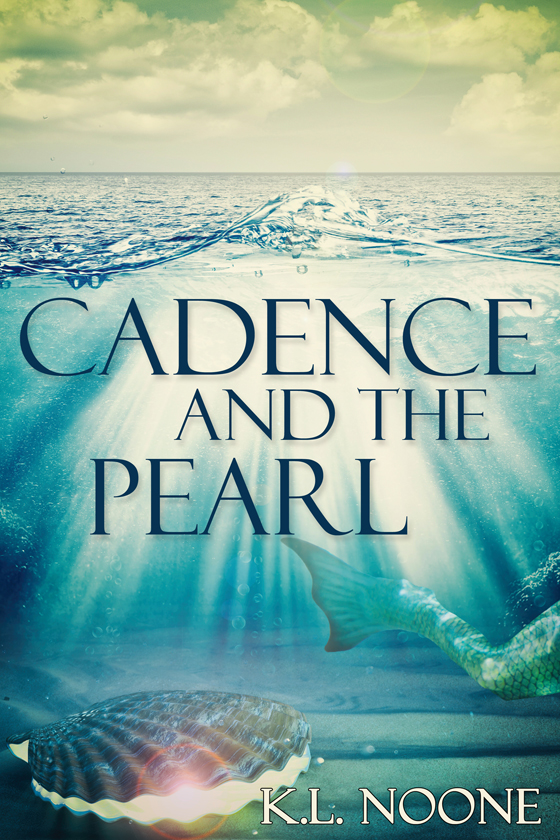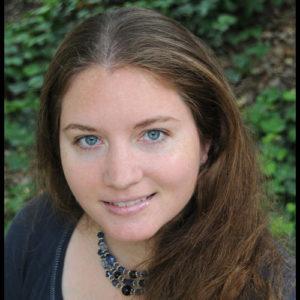by
Once upon a time, on a rocky island with enchantment under the ocean ...
Cadence Bell left the windswept Northern Isles and his parents’ inn for the theaters and royal masques and glitter of Londre, swearing he’d make his fortune as a playwright and poet, trading fish stew and rain for fame and adoration and a place at the Queen’s Court. Now his parents are gone and Cade’s inheritance brings him back home. But magic lurks beneath the waves, a stray pearl might be a key to another world, and even the quiet local schoolteacher has secrets of his own.
Jeremiah Carver never meant to hide secrets. But he promised to tell no one about the other world he’s seen, and he keeps his word. Even if that means concealing magic from Cadence Bell. Which is difficult, since Cade’s not only a dazzling literary success, but also the person Jeremiah’s loved from afar since their years-ago childhood. And he’s afraid he’s falling for Cade all over again now.
When Cadence falls under the siren spell of the ocean’s magic, Jeremiah has to make a choice and return to a world he’s left behind once before to rescue his heart from the sea.
The common room was full of fishermen -- and women; he spotted Lilah Parr and her wife Catie, someone he’d known years ago as a girl with long fair braids and pointed questions about the accuracy of his invented stories -- forming knots and eddies of camaraderie, strong tea, salted fish and bacon used for emphasis when gesturing. Gwen, possibly in defiance of yesterday’s comments, had made porridge; a giant tub of it sat proudly on the main table.
READ MOREA few people looked up and waved or called out to them. Jeremiah waved back, dropped Cade’s hand, and dove for bacon. Cade nodded that direction, wondered whether to wave, wondered what they thought. His hair was loose, tumbling over his shoulders, a contrast to hardworking practical ties and braids; his wardrobe of city satin and velvet, stylishly slashed sleeves and beribboned dressing-gowns, clashed with rough homespun and sea salt, no matter how desperately he hunted down old trousers and loose shirts. He knew most of the morning crowd had known his parents, and they knew him as the boy who’d gone away and found fame with pen and ink. From occasional overheard remarks in the last months, he guessed the residents of the island regarded this fact with both pride and suspicion.
Jeremiah was waving at him from a bench. Cade collected honey and cream and the defiant porridge, rather bemusedly, and went.
“Sometimes,” Jeremiah said, head on one side, bacon in fingertips as Cade sat down, “I can’t quite believe it. You. Cadence Bell. And a schoolteacher from Gull Skerrie.”
“Yes,” Cade said.
“I don’t mean I expect anything.” Jeremiah regarded the bacon with some astonishment, as if he’d forgotten it in the wake of Cade’s arrival, and then ate it. Around the bite, he explained, “I know you’re not staying. You wouldn’t. I know you have a life out there. I just was thinking. I’m surprised by it sometimes.”
“I’ve heard that one.” Cade poured cream into porridge, a slow curl of sensuous white; it pooled into the hollow he’d made for it, lapping at sides. “My life. Surprising. Shocking. Scandalous. Infamous.”
“Famous.” Jeremiah’s foot nudged his under the table. “Growing up I thought you didn’t even know my name. Not that you had to. Not that you needed to.”
Cadence, who in fact would’ve thought the same at the time, in the present found himself unusually discomfited by the ready acceptance on that side. He ate some porridge to put off answering.
His pearl weighed down his pocket, mysteriously heavy for its size. Stories, he thought. Fairy-legends and water-nymphs. Maybe a musical interlude or a lyric poem. Secrets on a rock at the end of the world, and a tripping light melody like the transparent fluttering edges of wings and foamy waves.
“Do you think,” he said into the pause, “magic might be real? I mean, not real. Not exactly.”
“In stories,” Rhys said, coming and going with hearty tea, “or the way the fishing crews talk, miracles and rescues and voices on the wind, maybe.”
“Tall tales.” Cade grimaced at his mug. “Of course.”
“Yes,” Jeremiah said unexpectedly. “I don’t mean legendary sorcerers or wicked witches or anything like you wrote in The Tragedy of King Beryl, but other lands. Under the sea, or in the air. Other people who can see the world in ways we can’t. Not human.”
Cade contemplated this fanciful assertion with some amazement. “Aren’t you a schoolteacher?”
Jeremiah’s ears went pink, confronted with a suggestion of impractical thinking. “You asked. And I thought maybe, out of everyone, maybe you would’ve also seen -- never mind, it’s for the opera, right? You were wondering about sirens and plots? Have you given up on the milkmaid?”
“Jer,” Rhys said, reappearing in a cloud of dirty bowls, “you’ll be late.”
Jeremiah glared at the clock, did not swear aloud even though many people would’ve, grabbed his bag, left a kiss on Cade’s lips: airy, hurried, affectionate, pleased. “Let me know if that helps with the plot, then? I’ll be back after classes end.”
Cade watched him go: a tall gentle island of a man in a sea of weathered fisher-folk, big shoulders apologetically fitting between bodies enjoying Gwen’s breakfast abundance. Jeremiah stopped to say hello a few times, accepted an apple, a handshake, words from a parent or two; he finally ducked out the door, which opened to stream early-morning pale sunbeams around him.
Cade did not lift fingers to touch his lips, though he had the impulse to. The kiss lingered, unexpectedly brushing something deeper than skin, leaving notes of sweet tea and crumbled bacon and warmth.
COLLAPSE




